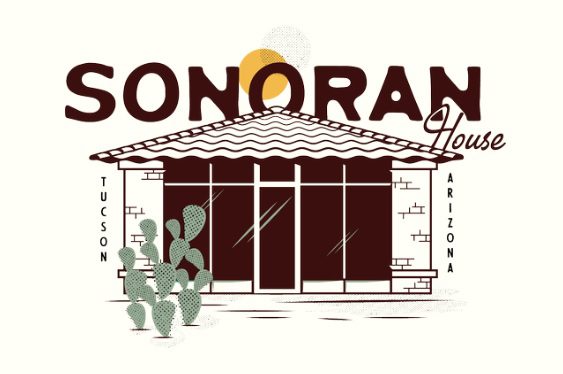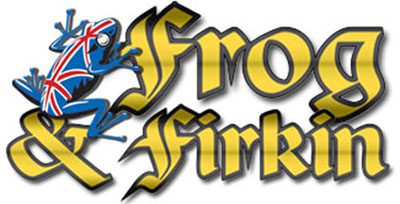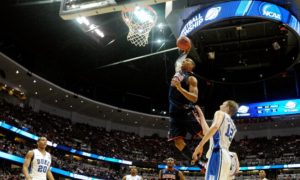Distinguished career at ASU sharing the backcourt with Byron Scott. First-round selection in the NBA draft. Ten-year career at the highest level. Two-time All-Star. His No. 12 is retired by the Sun Devils and the Denver Nuggets. …
None of that means more to Lafayette “Fat” Lever than Tucson and how his upbringing here set up all that success.
“Pueblo Gardens, Western Hills, South Park — that’s home,” said Lever, a Pueblo High School legend, of the communities on the southside of Tucson where he was raised.
“That’s why when people call me to do something in Tucson, I’m always there. I am back periodically, and when I am back, I usually stop by Pueblo to see what’s going on there. I’m also a Boys & Girls Club kid off Sixth Street. I grew up there. … If I’m not back two to three times a month during the off-season, that’s unusual.”
Lever, who unbelievably turns 60 on Aug. 18, was broadcasting Nuggets games on Altitude TV in Denver before the COVID-19 pandemic in March put the season on hold. With the Nuggets now playing in the NBA Bubble at Walt Disney World near Orlando, Lever remains at his Phoenix home commenting on Denver radio about the Nuggets’ performances.
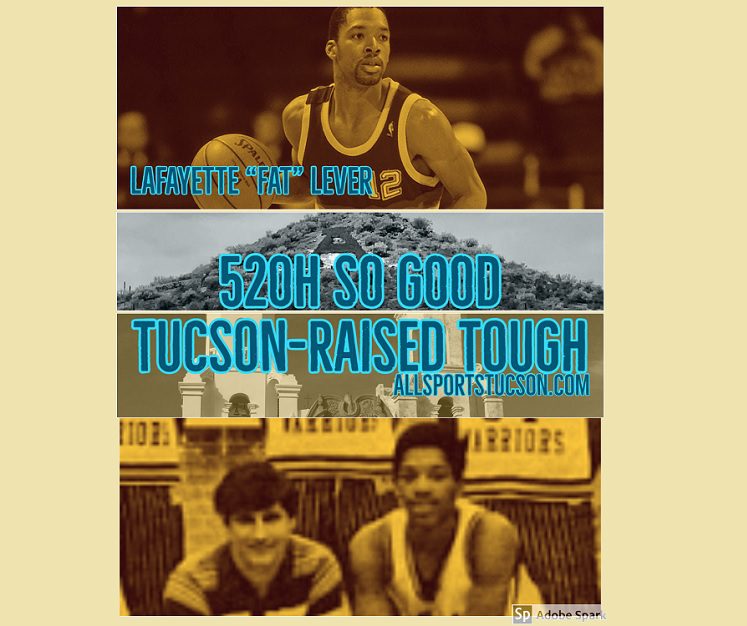
A former Sacramento Kings director of player development, Lever is still very much involved with basketball.
The credit for why the game became such a significant part of his life goes to his former coach at Pueblo — Pima County Sports Hall of Famer Roland LaVetter, who guided Lever and the Warriors to back-to-back state titles in 1977 and 1978.
“He is like my Godfather,” said Lever, who has known LaVetter since those Boys & Girls Club days. “I am very thankful for the people around me who are still around me to this day, such as Coach LaVetter and his family, my counselor at Pueblo, Ed Nuñez, and, of course, my family.
“They all supported me through good times and bad. You learn to be who you are — not what everybody thinks you are — around those type of people.”
LaVetter talks about Lever as if he is one of his own.
“We moved him up to the varsity when he was a sophomore, so he got stuck with me a lot,” he said with a chuckle. “His kids are our kids. They’ve been like members of the family. That’s the way we’ve been working.”
The newer gym at Pueblo bears Lever’s name and the older one is named after his former coach.
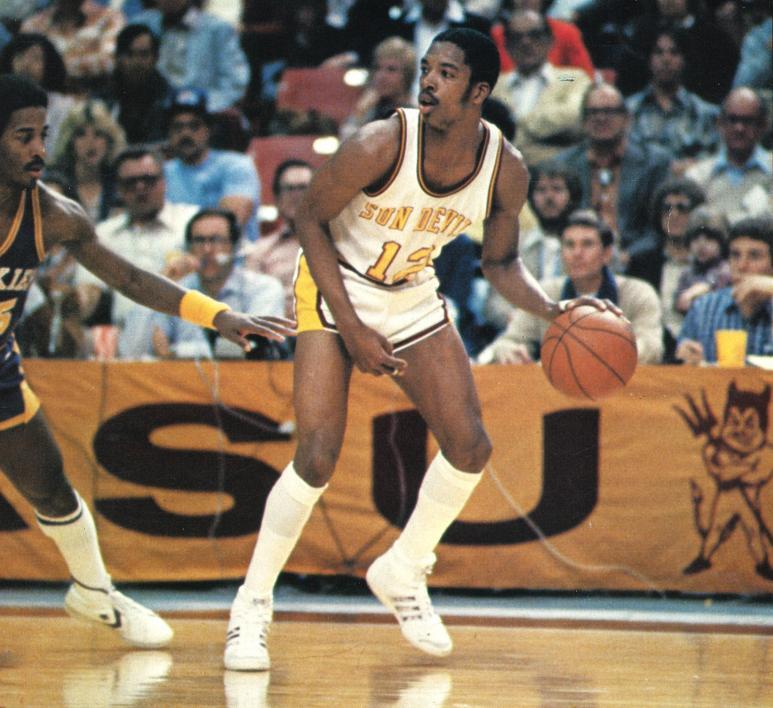
Lever said support from Nuñez, who is battling serious health concerns, helped him get through high school. That aid proved to be a difference maker for Lever as he progressed in his basketball career.
“I look back on my whole experience at Pueblo very fondly,” Lever said. “They say college is the best time of your life. I can say high school was a better time, not because of basketball, but because of all the people at the school who helped me.
“Growing up, it wasn’t easy.”
Lever, born in Pine Bluff, Ark., moved to the Western Hills neighborhood (east of Campbell Boulevard and south of 36th Street) when he was in the fourth grade.
His mom was in search of employment when she brought Lever’s older brother Anthony with her to Tucson. They moved in with Lever’s aunt. The following year, his mom returned to Pine Bluff to bring him and his younger brother Elmore here.
It was Elmore who indirectly created Lever’s legendary nickname of “Fat.” Those who know him, call him that name. The media also picked up on it and referred to him as “Fat” Lever during his NBA career.
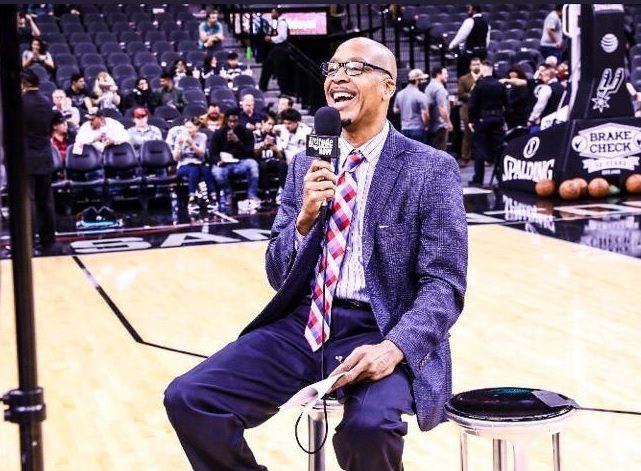
“My younger brother couldn’t pronounce Lafayette, so he called me ‘Fett,'” Lever said. “When we moved to Tucson, everybody thought he was saying, ‘Fat.’ That’s how it developed and it stayed with me. Brian Greene, one of our teammates at Pueblo, to this day, always teases me about that.”
In the late 1970’s, AAU basketball did not exist. The farthest a young local player traveled at that time was to a high school on the other side of town to play a game, or to ASU’s arena (called the Activity Center back then) for the state tournament.
Lever did not wear elaborate basketball shoes or leave Pueblo with a star rating from a recruiting Web site. The Internet did not exist back then, nor did cable TV.
Lever compared his humble upbringing with the other legendary basketball player in Tucson history — Sean Elliott, who was also raised in a low-economic area on the city’s westside while attending Cholla High School.
“We grew up in areas that weren’t very popular and we worked on it,” Lever said. “I played with and against some of Sean’s family members growing up and so did my older brother. We had a history before we played in high school.
“We didn’t have the resources kids have now, but back then, you didn’t think of it. My resource growing up was the Boys & Girls Club. That’s just the growth process of our society and our environment at the time. It changes all of the time.”
Elliott and Lever have crossed paths in recent years as broadcasters. Elliott, the San Antonio Spurs’ TV analyst, was in Denver, where Lever comments on Nuggets’ games, when they managed to get a photo together that Lever covets.
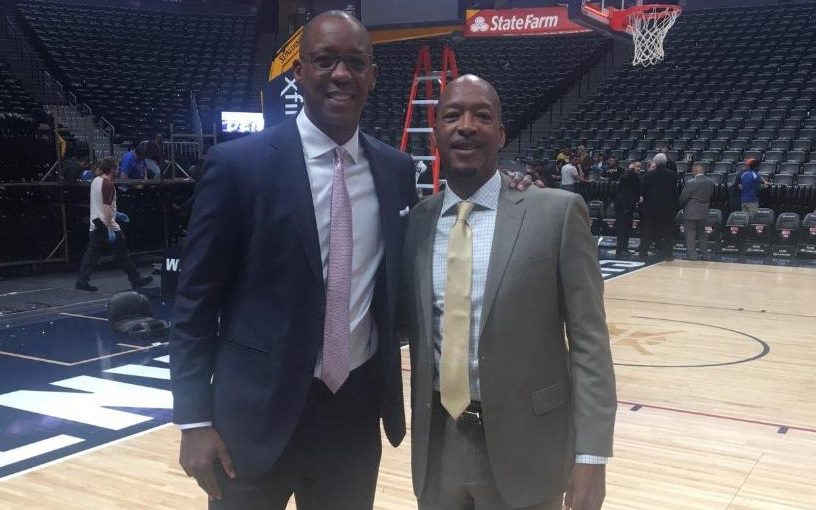
“By far — by far — the best basketball player to come out of Tucson is Sean Elliott,” Lever said. “I remember when Sean was at Cholla and he attended the Lute Olson Basketball Camp (before his senior year with the Chargers in the summer of 1984). I was in the NBA at that time, so I was invited to be a speaker there.
“I just had knee surgery, so I was watching them play this game called knockout. Sean went through the whole camp, was beating kids his age pretty good. Someone came up to me and asked why won’t I play against him.”
He laughed and said, “Because I don’t want to get beat by a little kid right now.”
Elliott, 52, won an NBA title with the Spurs. Lever, originally drafted by Portland out of ASU in 1982, became one of the most notable Denver players in history after the Nuggets traded for him in 1984. He ranks first in Nuggets history in steals (1,167), second in assists (3,566), seventh in points (8,081) and eighth in rebounds (3,621).
When the Nuggets retired his jersey No. 12 in the 2017-18 season, four Pueblo students, school yearbook advisor Marie Little and principal Frank Rosthenhausler (then the assistant principal) were flown to Denver by the Nuggets to take part in the ceremony.
“That shows how special Pueblo is to me,” said Lever, who shuns the credit for being the reason why the Warriors won the state titles when he was a junior and senior.
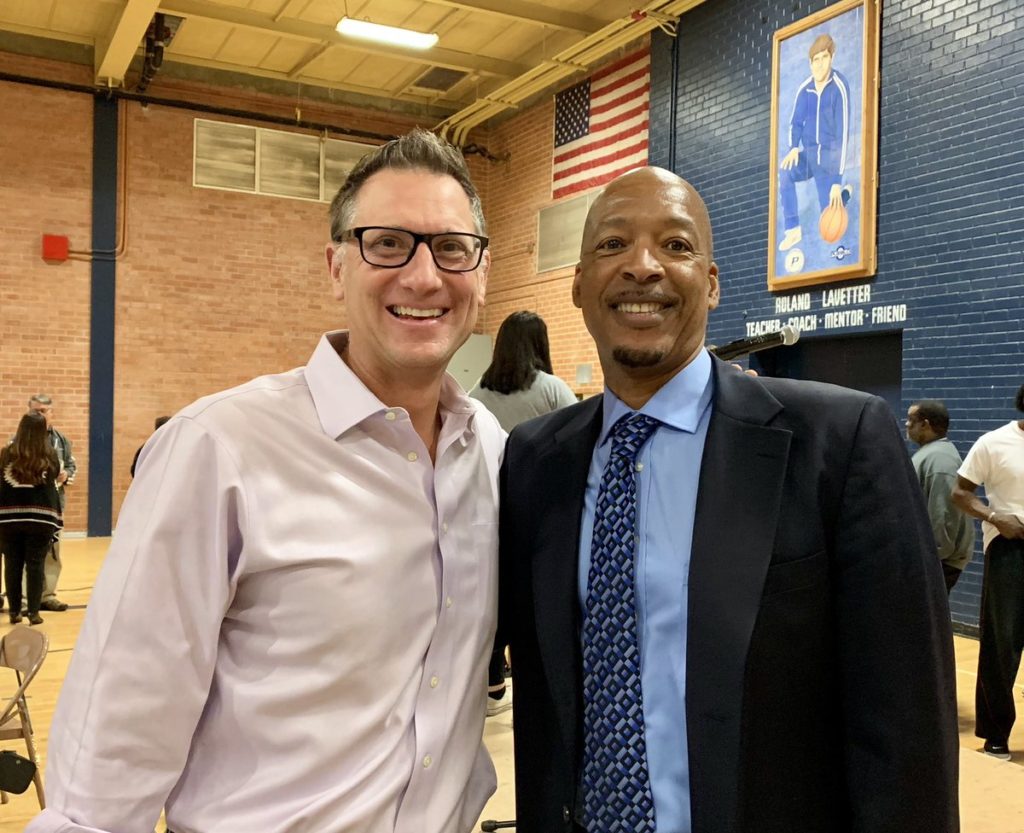
The city of Tucson has never produced a senior foursome better than Pueblo’s in 1977-78 with Lever, Jeff Moore, Tony Mosley and Pat Adams.
“When I played there, we were one of the top teams ranked in the nation,” he said. “But the best thing about our team was that everybody played every position. I got a lot of notoriety but Jeff Moore became one of the best players to go overseas and play. You have to think we all played together from junior high school, at Utterback, and the Boys & Girls Club.”
One of LaVetter’s most vivid recollections of Lever was when his senior captain point guard drew four fouls in the first half against Rincon in the regular-season finale.
“So he sat next to me most of the game,” said LaVetter, still spry at 80, evidenced by him riding his bike around his neighborhood to stay in shape.
“I couldn’t play Lafayette until the last six minutes of that game. And in those six minutes, I think he got like 16 points and we won. That was crazy. He set himself apart by always coming to practice early, staying late, he took lots of charges … whatever it took to win, that’s what he did.”
Lever averaged a gaudy 12.9 rebounds a game — as a 6-foot-2 guard — while also averaging nearly 10 assists and 20.5 points his senior season.
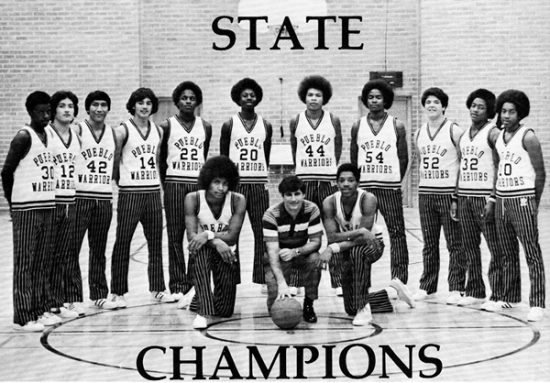
He was recruited by Arizona, ASU, Notre Dame, Oregon, San Diego State, Hawaii and Texas, among others — easily the most sought-after prospect out of Tucson. Elliott is the best player to come out of Tucson, but his recruitment to Arizona was a given because of the connection he and his mom, Odiemae, had with Olson at the time. No other school made a serious attempt at him.
Lever opted to play under Ned Wulk with the Sun Devils, with whom he joined a lineup of future NBA players such as Scott, Alton Lister, Sam Williams, Johnny Nash and Tom Kuyper.
“The biggest factor for me was to get away and grow up,” Lever said. “ASU was far enough away that if I had to get back home, I could to help my family.”
Bob Elliott remembers a young Lever in the eighth grade in 1973-74 being around him and Fred Snowden’s Kiddie Korps at Arizona — Eric Money, Coniel Norman and Al Fleming — when they practiced at McKale.
“He took it all in,” Bob Elliott said. “You could tell he could be someone special.”
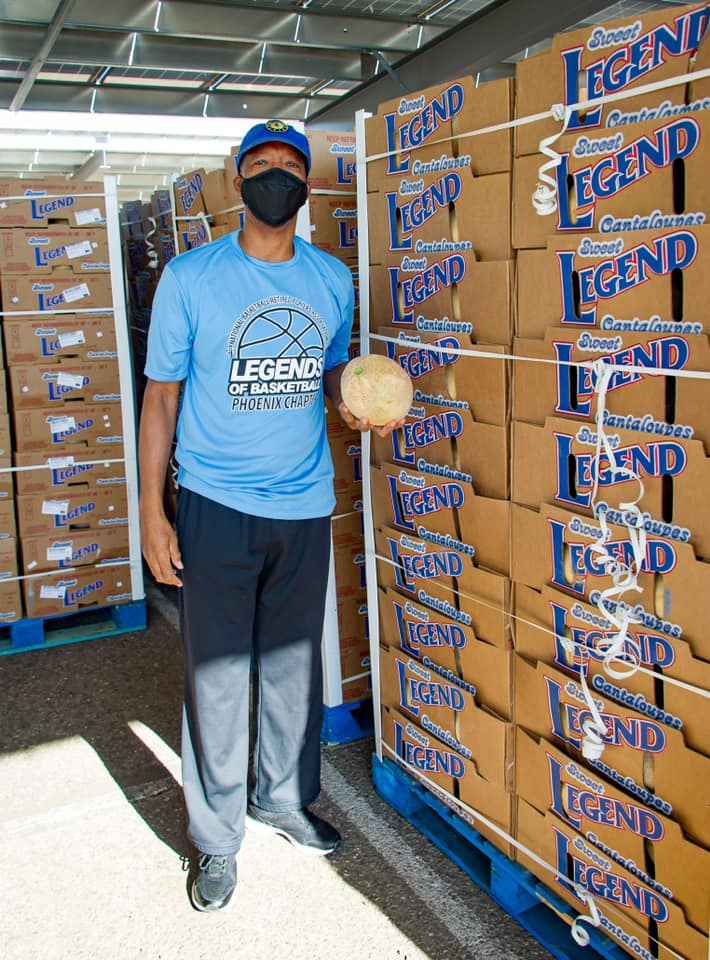
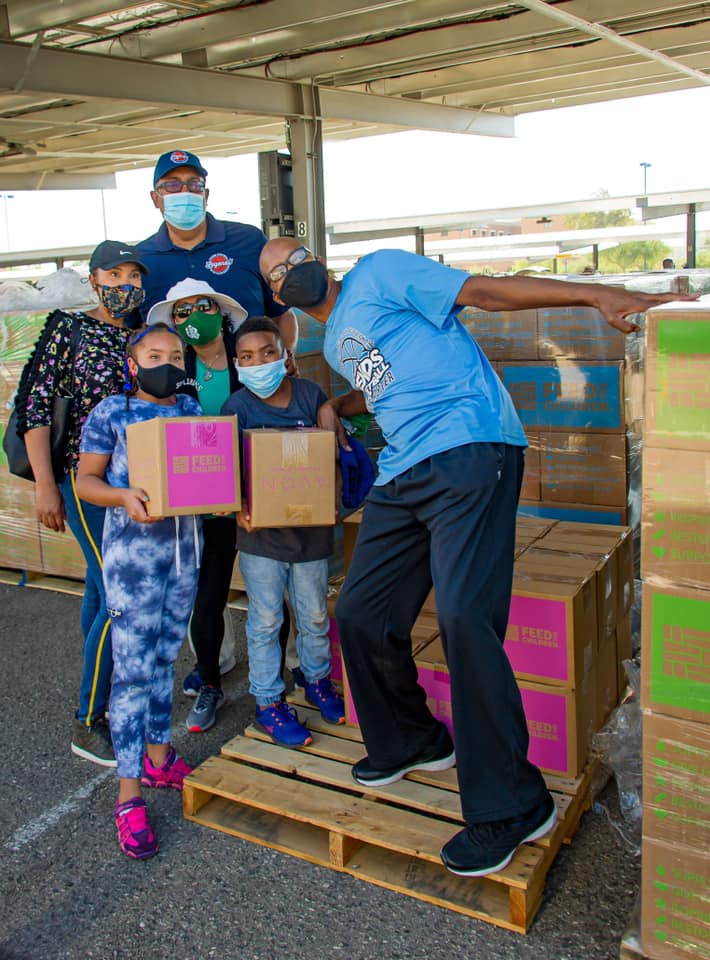
The bond between Bob Elliott and Lever is stronger today with both of them involved with the Retired Players Association of the NBA. Lever is the interim president of the Phoenix chapter. Bob once served as the executive director.
Last month, they took part in the Feed Tucson 2020 charity event at the Kino Sports Complex. It was a free, no-touch, drive-through distribution of nonperishable groceries and basic supplies. Bob and his family joined Lafayette to hand out the food.
Lever has participated many times before in community projects, including at the Boys & Girls Club of Tucson. During his frequent visits to his hometown in the future, he plans to continue giving back.
“Tucson impacted my development a tremendous amount,” he said. “I mean, small-town, little country boy from Arkansas, Tucson fit the mold. And then to be able to go to a place like Portland drafted in the NBA, gave me that same feel that small-town basketball was important.
“You felt like everyone knew you. I had those same feelings with my teammates in Tucson, growing up with those guys at the Boys & Girls Club. Raised in Western Hills, Pueblo Gardens and South Park, that total upbringing gave me that comfort zone of knowing that I had support.”
FOLLOW @JAVIERJMORALES ON TWITTER!
ALLSPORTSTUCSON.com publisher, writer and editor Javier Morales is a former Arizona Press Club award winner. He is a former Arizona Daily Star beat reporter for the Arizona basketball team, including when the Wildcats won the 1996-97 NCAA title. He has also written articles for CollegeAD.com, Bleacher Report, Lindy’s Sports, TucsonCitizen.com, The Arizona Republic, Sporting News and Baseball America, among many other publications. He has also authored the book “The Highest Form of Living”, which is available at Amazon.
“


